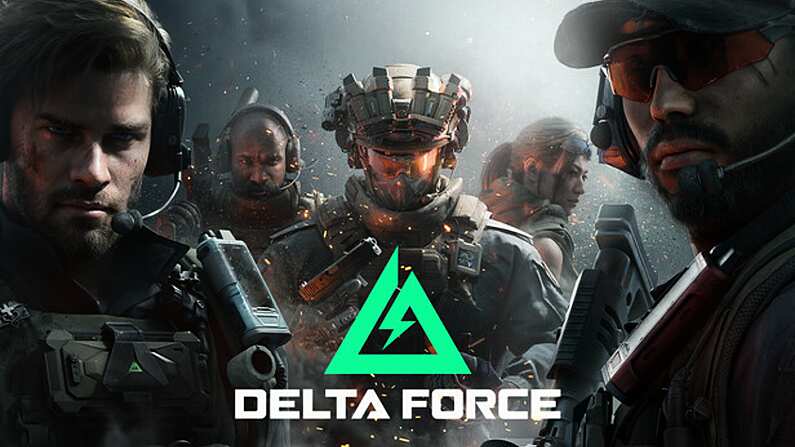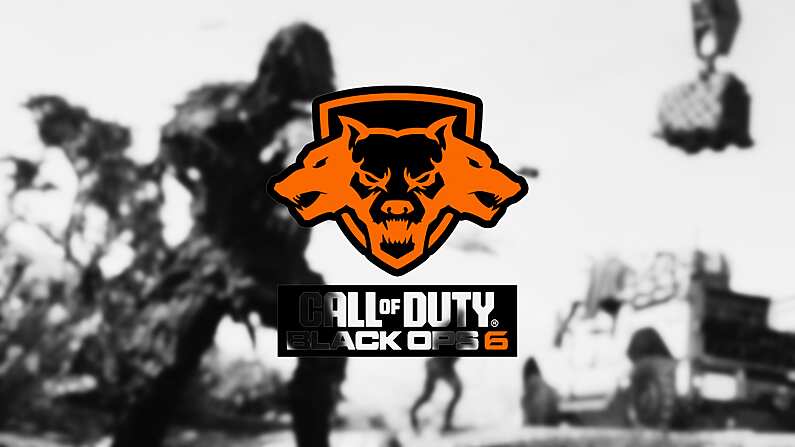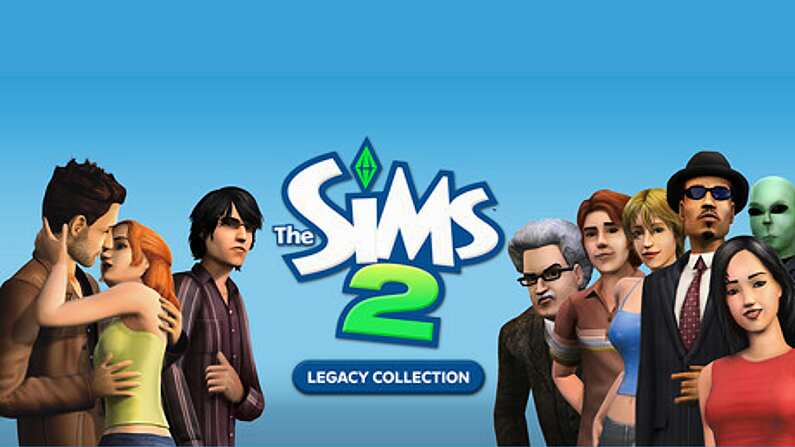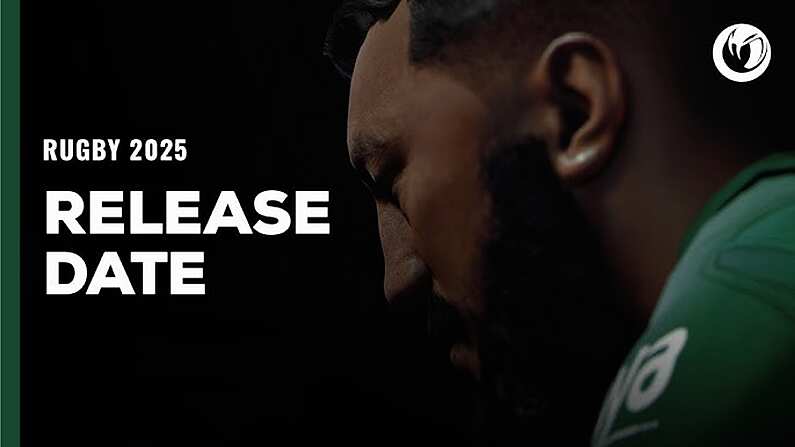In the ever-evolving landscape of multiplayer shooters, Delta Force emerges as a nostalgic nod to the glory days of large-scale battles, reminiscent of the classic Battlefield experience.
Developed by Team Jade, a subsidiary of Tencent, this revival of the iconic series aims to capture the essence of team-based warfare with expansive maps, diverse operators, and a plethora of vehicles.
However, while the gameplay offers a solid foundation, the monetisation strategies employed by the game leave much to be desired.
A Familiar Battlefield Experience
Delta Force's gameplay is undeniably influenced by the Battlefield franchise, featuring two primary modes: a Warfare mode that echoes the chaotic team battles of Battlefield and an extraction mode that draws inspiration from Escape From Tarkov.
Players can engage in 64-player sessions, utilising a variety of vehicles and classes to dominate the battlefield.
The game’s mechanics, from the layout of menus to the deployment phase, mirror those of Battlefield 2042, creating a sense of déjà vu for seasoned players.
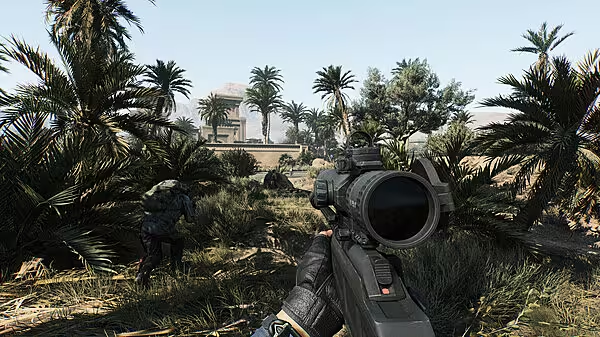
The gunplay in Delta Force is notably tight, with a responsive feel that enhances the overall experience.
Vehicles handle smoothly, and the immersive audio-visual design contributes to a sense of being in the thick of battle.
The diverse cast of operators, each with unique abilities, adds a layer of strategy to the gameplay, allowing players to experiment and adapt their tactics on the fly.

The Dark Side of Monetisation
Despite its engaging gameplay, Delta Force's monetisation model casts a shadow over the experience.
The game offers a plethora of ways to spend money, including multiple battle passes, a store filled with cosmetic items, and a gacha system that can lead players down a rabbit hole of spending.
The presence of various currencies—Delta Coins, Alloys, Delta Bucks, and more—creates a convoluted system that can be overwhelming and frustrating for players.
The gacha mechanics, in particular, raise eyebrows.
With a minuscule chance of obtaining coveted items, players may find themselves spending significant amounts of money in pursuit of rare skins.
This approach to monetisation feels exploitative, especially in a free-to-play game that should prioritise player enjoyment over profit.

A Cautiously Optimistic Future
Delta Force presents a compelling mix of nostalgia and modern gameplay mechanics, offering players a chance to relive the excitement of large-scale battles.
While the game excels in many areas, its monetisation practices and the current lack of promised content raise valid concerns.
As the open beta approaches, players will be watching closely to see how Team Jade responds to feedback and whether they can strike a balance between profitability and player satisfaction.
For those intrigued by the prospect of a free-to-play shooter that channels the spirit of Battlefield, Delta Force is worth a try.
However, players should remain aware of the potential pitfalls of its monetisation system and approach the game with cautious optimism.
The future of Delta Force hangs in the balance, and only time will tell if it can rise to meet the expectations set by its legacy.


